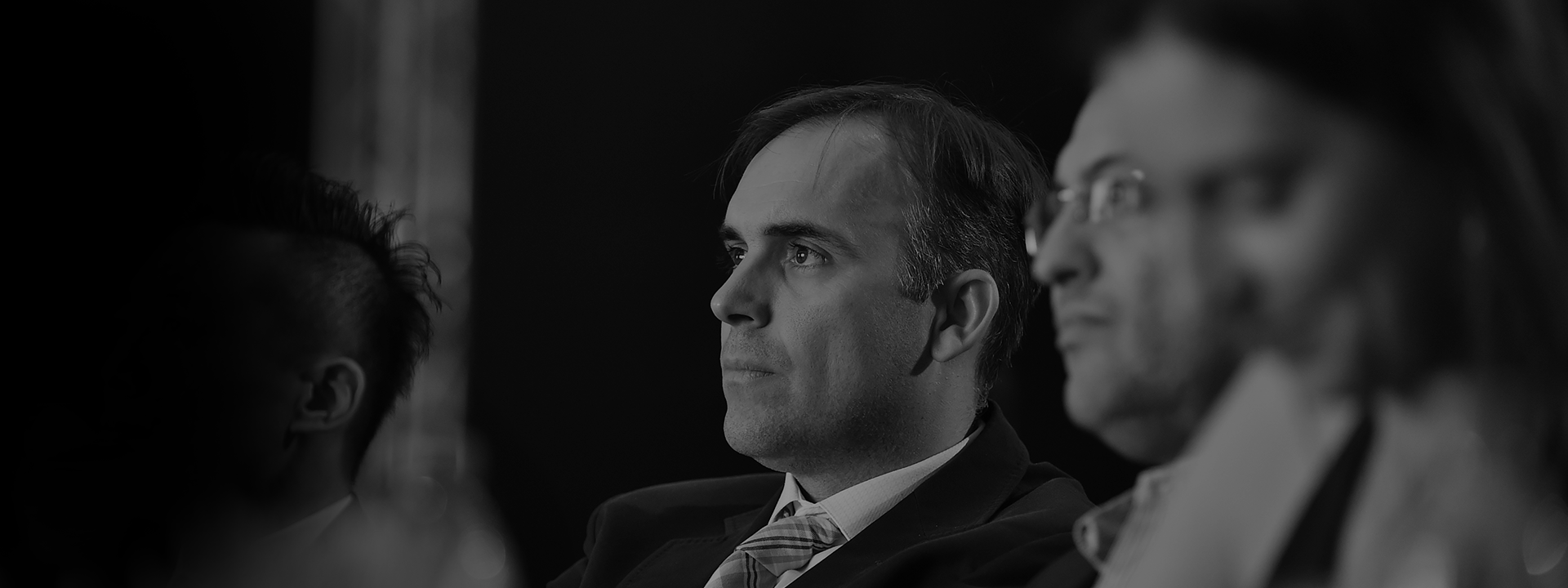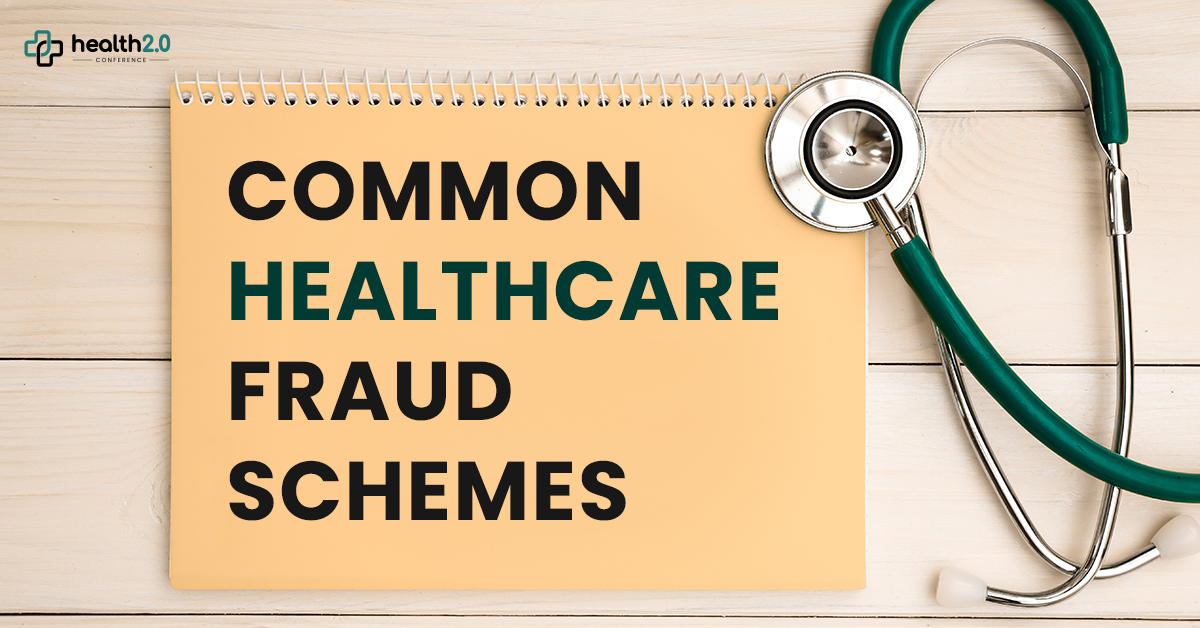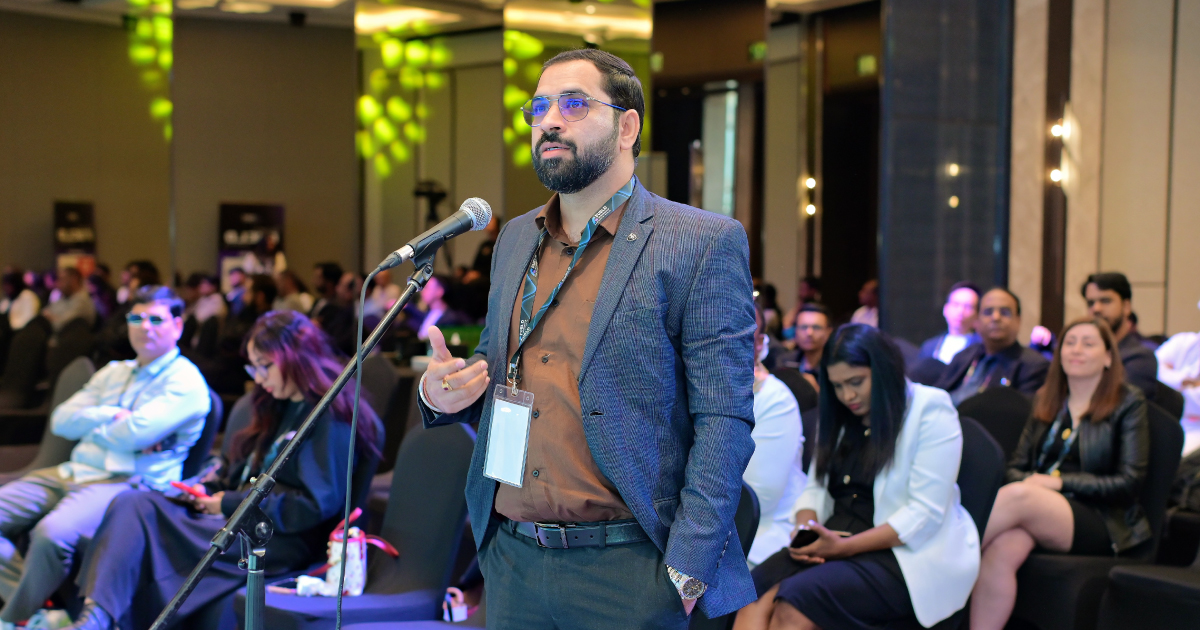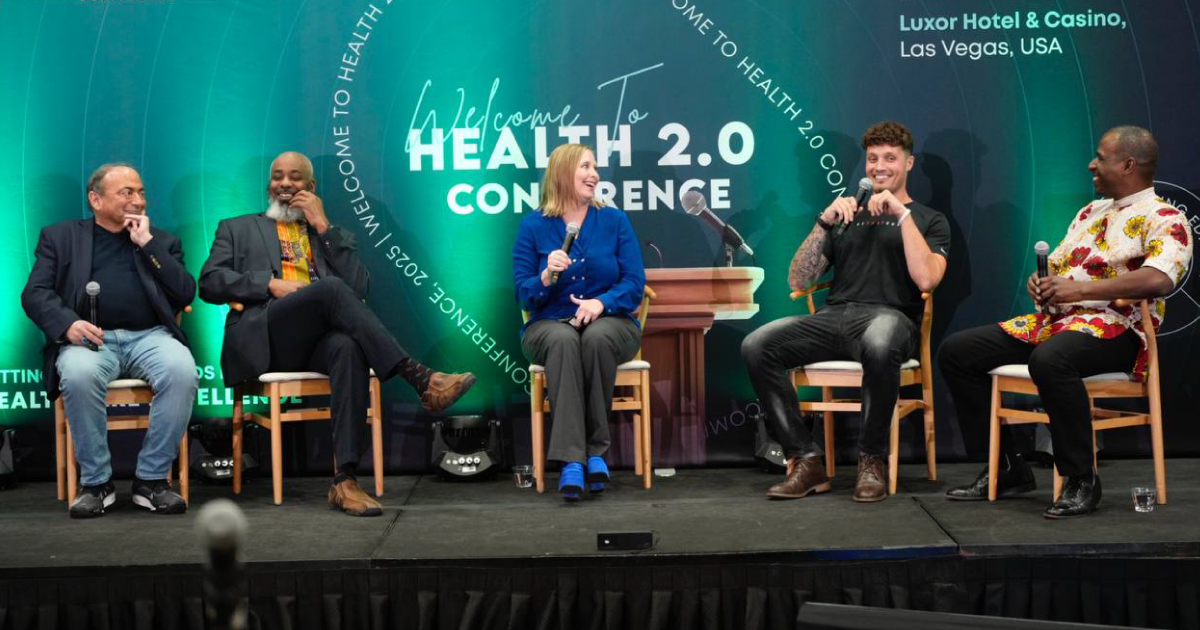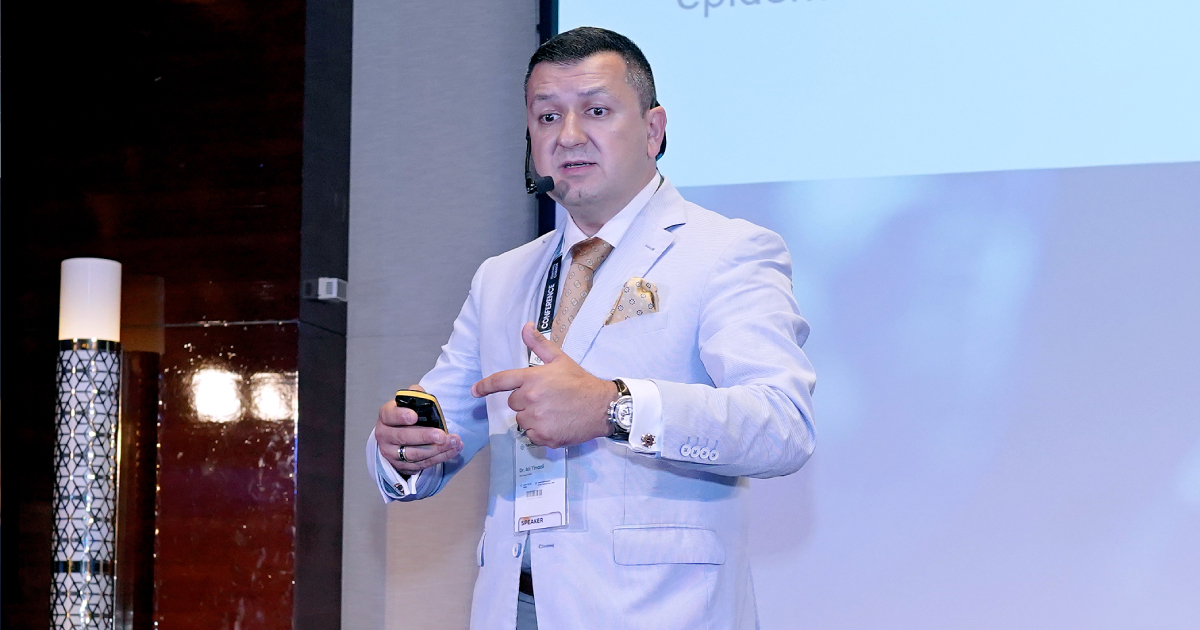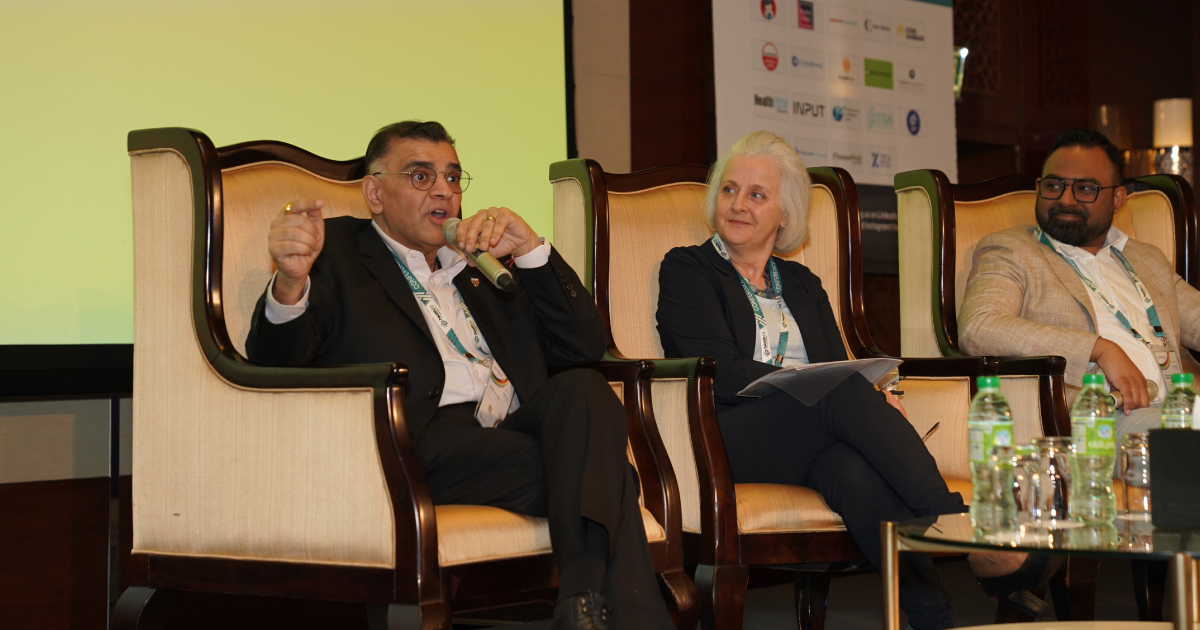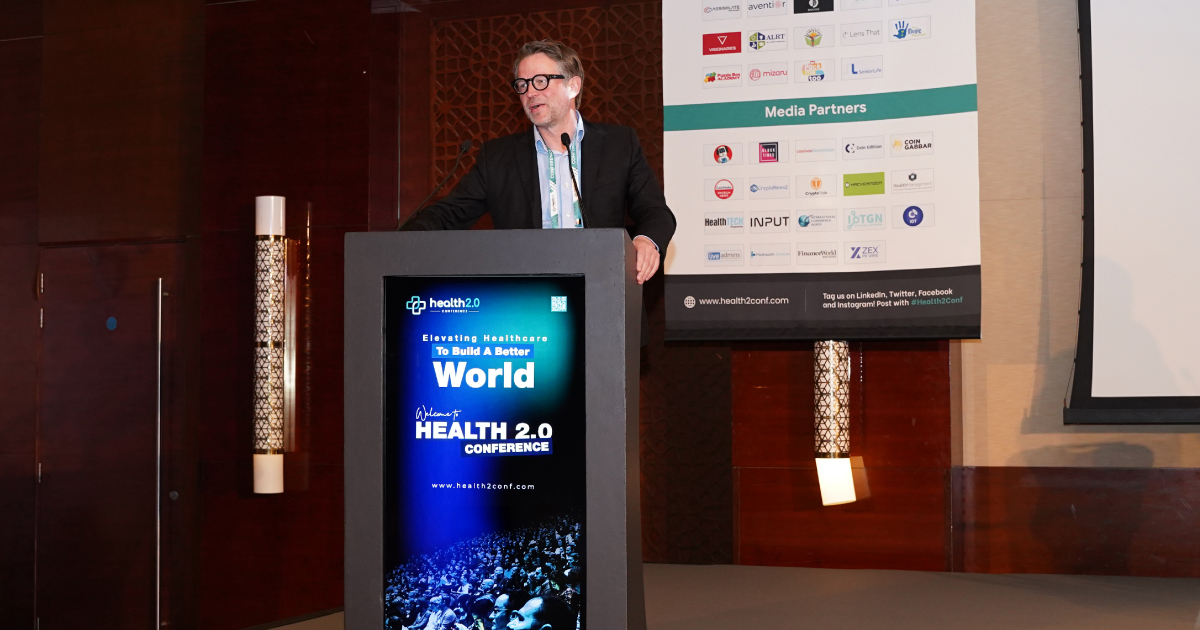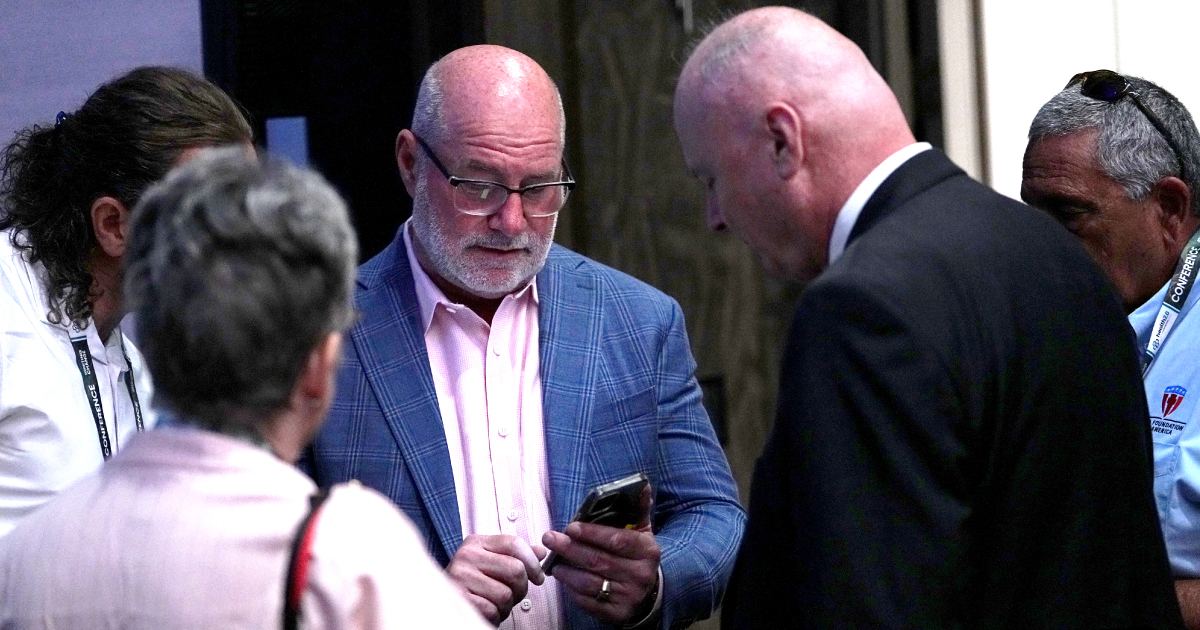Fabricated cases of medical conditions reported to healthcare providers and the government are examples of public healthcare fraud. This can include falsifying reports about the patient's disease, addiction, accidents, or crimes and concealing evidence for neglectful behavior. Fraud schemes can range from simple to complex. Following are some frequently discussed fraud schemes at healthcare conferences and events.
Billing For Goods/Services Not Provided
Billing for a treatment or procedure, such as X-rays, laboratory tests, or drugs never dispensed, is a common type of Medicaid or healthcare scam.
In addition, fraudulent providers "upcode" various medical procedures. When patients visit a doctor, they may be unaware of the scope of services provided. If payment is made in time units, the time can be extended. A minor service can also be upcoded to become a more labor-intensive or costly service.
Paying "Kickbacks" For Referring Business
"Kickbacks" are common in cases of health care fraud. PaHealth 2.0 Conferenceyments to individuals who refer patients to a specific hospital or doctor are generally prohibited under state and federal law. Among other things, healthcare fraud prosecutions have been brought against corrupt professionals for splitting fees in exchange for rent, demanding cash payments from patients, and accepting money for patient referrals.
Billing For Unnecessary Medical Tests
Some fraudulent providers use an age-old scam, as noted by the Health 2.0 Conference, in which they misrepresent the diagnosis and symptoms on patient records and then submit invoices to insurance companies to receive a higher reimbursement rate. An example of this would be a patient who went to the doctor for standard cold treatment, but the insurance company was billed for a condition diagnosed as pneumonia with associated pneumonia testing.
Personal Expenses Charged
Nursing homes are reimbursed based on the submission of an annual cost report. It is fraudulent to include personal expenses in these cost reports. A nursing home administrator might include the cost of his private car or home on the cost report. This is a criminal offense.
Inflating Bills For Provided Services
This is common in the medical transportation industry, where van/taxi companies inflate their claimed mileage to receive higher reimbursement.
Organizations That Provide Managed Care (MCOs)
Managed care raises a variety of fraud concerns. Whereas in traditional healthcare reimbursement situations, fraud is characterized by overbilling, a controlled care environment incentivizes patients/consumers to be denied care. Despite the MCO paying a fee to the doctor for covered services, the services are denied or reduced for reasons other than sound medical reasons. This defrauds the insurance company and jeopardizes the patient's health.
MCO fraud often occurs by enrolling healthy patients who are then given incentives for joining the MCO. This tactic is commonly called cherry-picking.
Billing Twice
When a provider receives payment from two sources, this is referred to as double billing. For example, a provider participating in a drug study may bill the insurance company while receiving payment from the pharmaceutical company. Similarly, the same service may be billed to two insurers, two public programs, or both.
Fraudulent Consumer Deception
Patients/consumers commit some fraud. Using someone else's insurance card to obtain benefits, listing a non-relative as a family member to get coverage, claiming coverage for treatments or supplies not received, faking a worker's compensation injury to receive disability payments, and staged accident frauds are some examples.
Upcoming health conferences like the Health 2.0 Conference will discuss identifying healthcare scams, and experts will suggest a few solutions.


